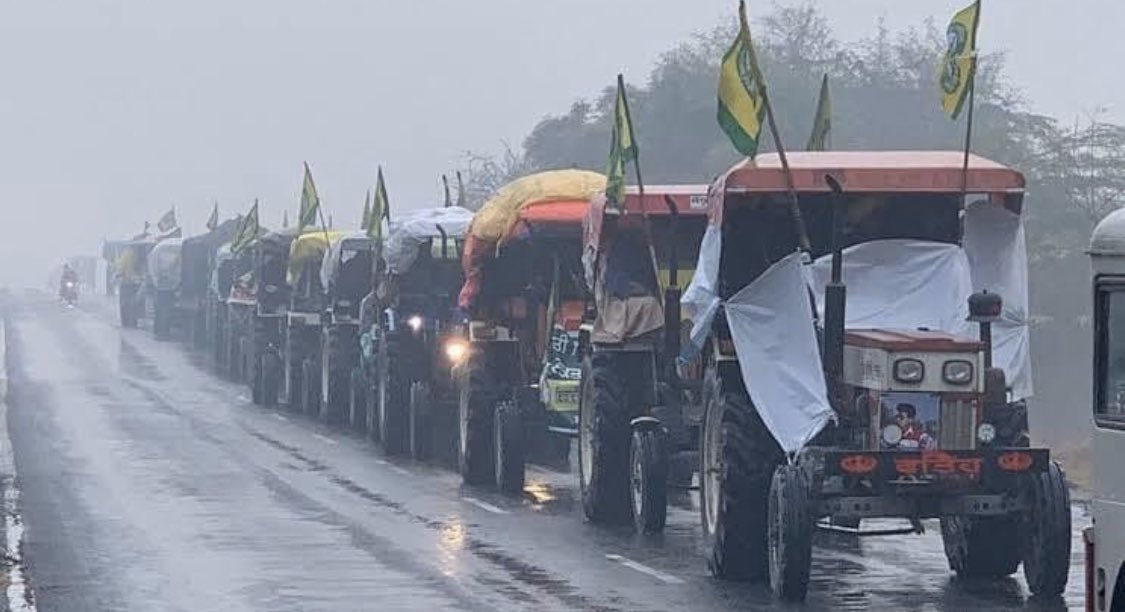
Happy Diwali and Bandi Chor Divas to all those celebrating around the world today!
Take a moment to learn why this day is significant to different communities, including Hindus, Jains, Buddhists, and Sikhs.
washingtonpost.com/religion/more-…
Take a moment to learn why this day is significant to different communities, including Hindus, Jains, Buddhists, and Sikhs.
washingtonpost.com/religion/more-…
With more than a billion people celebrating Diwali, the festival is one of the largest and most significant religious observances around the world. But it's more than just a pan-Indian festival — the occasion carries different meanings for different religious communities.
Diwali has various interpretations even among various Hindu communities. Some Hindus recognize it as the day represented in the classic Hindu epic, Ramayana, when Rama and Sita arrive in Ayodhya after 14 years of exile; Diwali is often celebrated as the day of their return.
In the south of India, many Hindus mark Diwali as the day Krishna defeated the demon Narakasura and thereby freed the 16,000 girls in his captivity.
In western India, many Hindu and Jain communities consider Diwali the first day of the new year.
In western India, many Hindu and Jain communities consider Diwali the first day of the new year.
Some Hindus celebrate the occasion as the day Naciketas returns from his conversation with Yama (Death), bringing the secret of moksha (spiritual liberation) back to the world.
In Nepal, the occasion is called Tihar (not Diwali) and focuses on the worship of the goddess Lakshmi.
In Nepal, the occasion is called Tihar (not Diwali) and focuses on the worship of the goddess Lakshmi.
In the Jain tradition, Diwali marks the day that Mahavira — the last Jain spiritual leader (tirthankara) — attained physical death and final enlightenment in the sixth century BCE. Jains refer to this day as Mahavira Nirvana Divas (the day of Mahavira’s liberation).
Sikhs commemorate Guru Hargobind’s return to Amritsar after being unjustly imprisoned. The guru refused to be released without also securing the release of 52 other Hindu kings who were unfairly jailed with him. Sikhs refer to this day as Bandi Chor Divas (The Day of Liberation).
• • •
Missing some Tweet in this thread? You can try to
force a refresh







